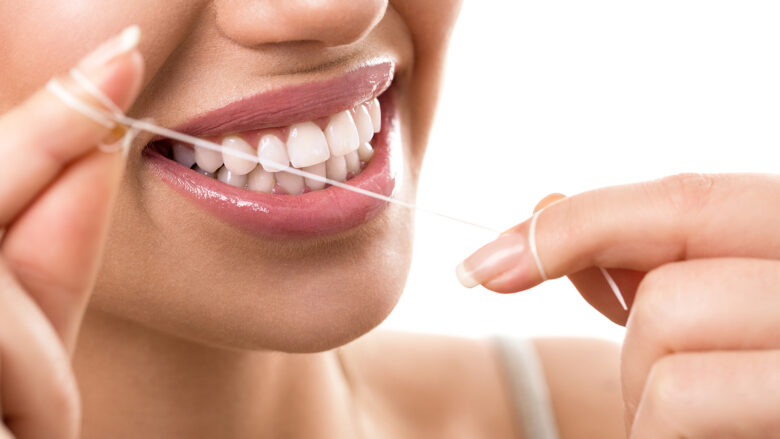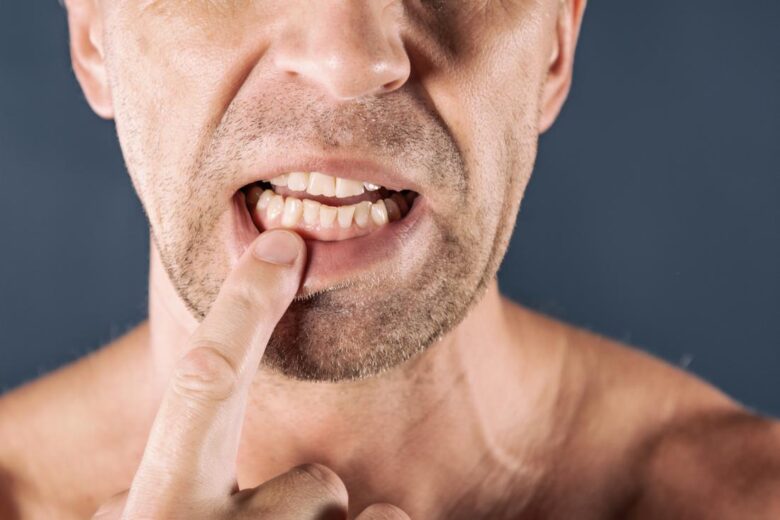Dental emergencies can be painful and disruptive. While certain situations may arise out of nowhere, such as a knocked out tooth or other injury, other daily habits can help you avoid dental emergencies.
Contents
How Do I Know If I Have an Urgent Dental Emergency?
You will need to seek emergency dental care if you have severe pain in your teeth or gums. A loose tooth in an adult, severe toothache, or dental abscess should always be looked at immediately.
Additionally, if a tooth has been knocked out, broken, chipped, or cracked, you’d need emergency dental care. If you’re not sure whether you have an emergency or not, take a look at your symptoms. An unexplained toothache, especially with a fever, should not be taken lightly.
The signs of infection in your mouth or jaw should also be treated with urgency. If you’ve already had fillings or crowns added to your teeth and they come loose, you need to get immediate treatment too.
Dental emergencies are just as serious as any other health emergency. You may not be able to prevent all accidents from occurring, but these 5 simple habits can help you avoid many other dental emergency dramas.
1. Practice Good Oral Hygiene

Source: dentistnorthraleigh.com
If you don’t want to have a dental emergency, your best course of action is to practice good oral hygiene every day. This includes brushing your teeth twice daily for two minutes per session and flossing once daily. You should also keep up with your professional teeth cleanings every 6 months.
Don’t be afraid to go to the dentist or postpone your appointments. Having these twice yearly visits help prevent plaque from building up and damaging your teeth. You’ll be less likely to experience cavities, toothaches, and other severe dental issues by making your oral hygiene a top priority.
2. Incorporate Fluoride into Your Routine
Fluoride is a mineral that helps keep teeth strong and prevents decay. Your toothpaste should be approved by the American Dental Association (ADA) and contain fluoride. To seal the deal, use a brand of mouthwash that contains fluoride too which will give your teeth that added protection to prevent major oral health problems. If you’re incorporating fluoride with mouthwash, you should rinse with it right after you finish brushing your teeth.
To ensure that fluoride helps your smile, don’t eat or drink for at least 30 minutes after brushing, flossing, and using mouthwash. Doing so too soon will negate the benefits and leave you more prone to dental issues.
3. Be Mindful of What You Eat and Drink

Source: healthline.com
While the occasional treat is seldom anything to worry about, you should aim to keep most of what you eat and drink on the healthy side of things. Plaque easily forms on teeth when you’re eating sugar and carbs. You need to brush and floss these things away immediately or the bacteria in your mouth will produce acids that can harm your tooth enamel, leading to gum disease and tooth decay.
Choose plenty of fresh fruits and vegetables along with lean proteins to eat more healthfully for your teeth. Additionally, you should drink plenty of water to keep up with your hydration and to flush away harmful particles from your teeth. Even if you’re eating mostly healthy foods, water is essential for keeping up a bright and healthy smile.
Ideally, you’ll avoid drinking sodas which have zero nutritional value and are filled to the brim with sugar. Juice and other flavored beverages may also contain more sugar than you’re bargaining for. A proper balance of nutritious foods and water will really go a long way to keeping your oral health in good condition.
4. Find Healthy Ways to Handle Stress
You probably know that stress is not great for your health, but you may be surprised to know that it can also negatively impact your oral health. When you’re stressed, you may chomp on hard objects like pens or pencils, or grind your teeth. It’s also harder to resist eating sugary treats to soothe your stress. However, now that you know, you can make some swaps to keep your teeth healthier.
Remember to do things to naturally release your stress such as getting more exercise, talking to a friend, or listening to music you enjoy. If you find you’re grinding teeth at night, your dentist can help you with a night guard that will protect your teeth while you sleep.
5. Don’t Delay Treating Dental Pain

Source: medicalnewstoday.com
If you have a toothache or other pain in your mouth, it’s never wise to ignore it. This is a sign that something is wrong, and getting prompt treatment for it can make all the difference in the world. Dental emergencies should always be handled right away to prevent them from becoming a worse ordeal.
When a dental emergency arises, it’s important to contact your dentist immediately. They will advise you on what to do, though if it’s a truly urgent matter in the middle of the night, they may urge you to go to the nearest emergency room.
The Role of Preventative Dental Care
If you don’t want to deal with a dental emergency, your best bet is to focus on preventative dental care. Preventing problems will always be the less time-consuming and less expensive option. You may groan when you need to take time out of your day to get your dental cleaning, but you can be sure that preventing issues with your teeth and gums will take much less time.
If you let things fester, you may wind up needing a dental crown rather than a small filling. In most cases, this could be prevented by taking care of your teeth and making time for those dental cleanings and checkups. Most types of insurance tend to cover preventative dental treatments. You’ll wind up paying more out of pocket when you neglect your oral health.
Follow these 5 simple habits and you’re going to be less likely to wind up with a painful dental emergency.
